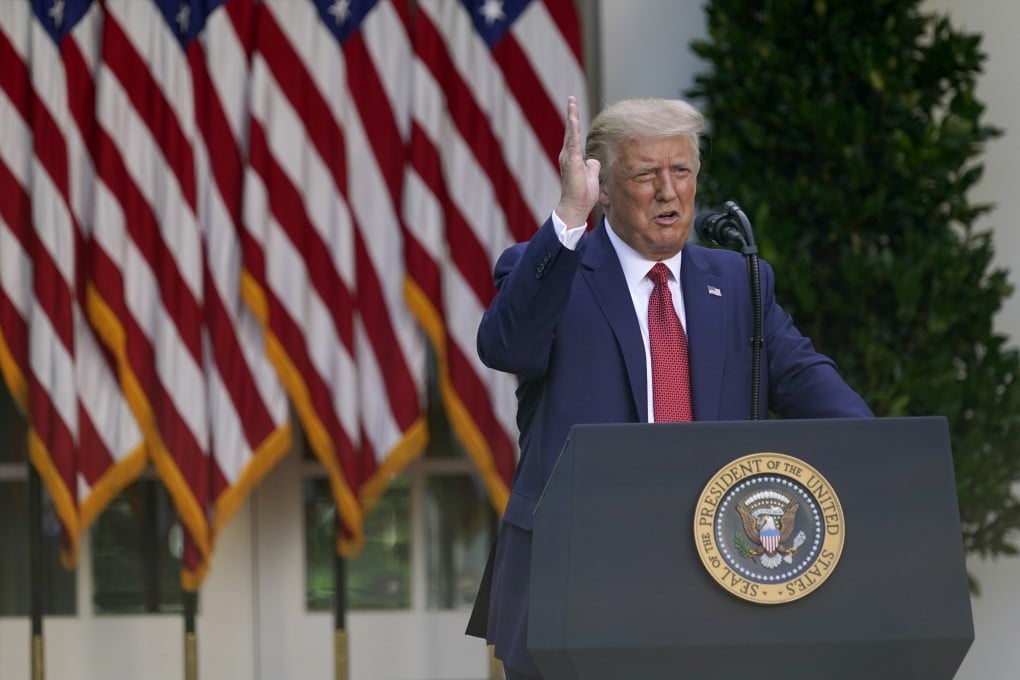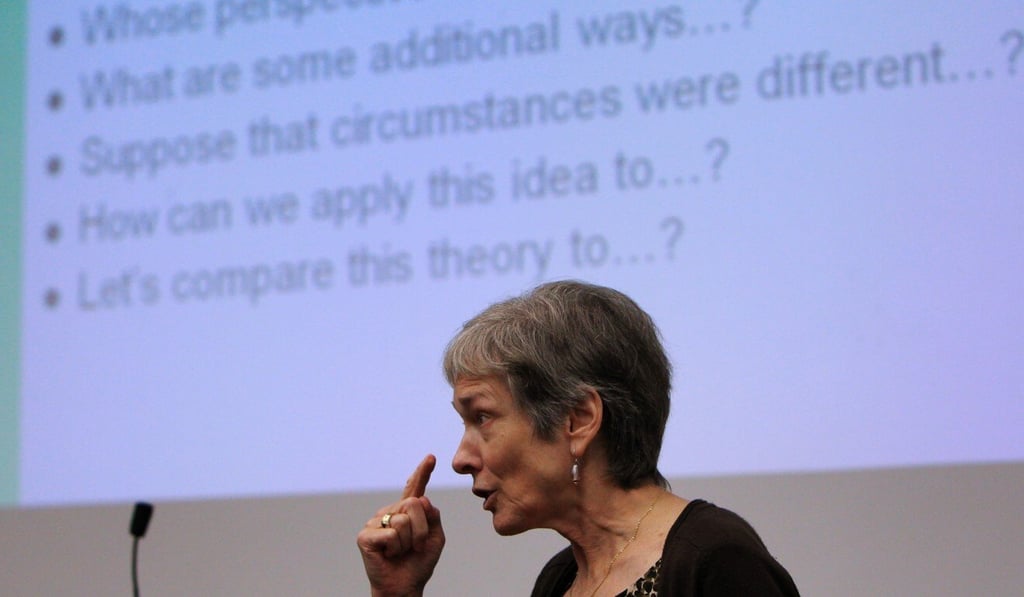Opinion | Donald Trump’s ending of the Fulbright programme in Hong Kong and China damages US soft power
- The programme is one of the more successful examples of US cultural diplomacy
- While Beijing’s threat to Hong Kong is serious, the US has maintained its Fulbright programmes with other countries it sees as adversaries

In one little noticed provision, the US president ordered that steps be taken to “terminate the Fulbright exchange programme with regard to China and Hong Kong”. It is difficult to comprehend the administration’s thinking on this move, which seems woefully misguided.
American colleges and universities have benefited greatly, as have many hundreds of institutions abroad. It is one of the more successful examples of US cultural diplomacy, having engendered fruitful cross-border collaborations, positive global sentiment, and friendly relationships between Americans and countless people around the world.
The number of participants in the China and Hong Kong programmes is relatively modest. In 2017, the last year for which data has been published, fewer than 70 Americans and 130 non-Americans participated. But these are crucial opportunities that further the US and global interest in scientific and intellectual advancement and in meaningful cultural exchange.

